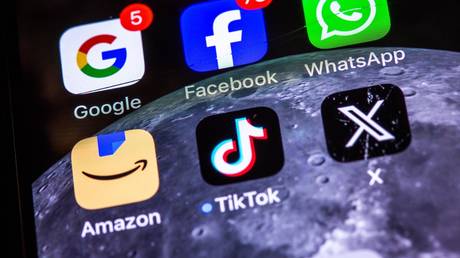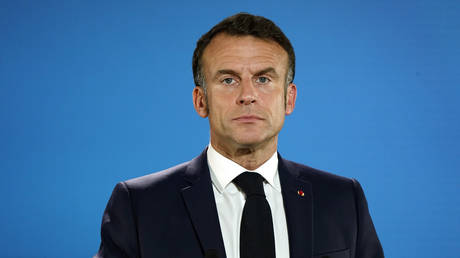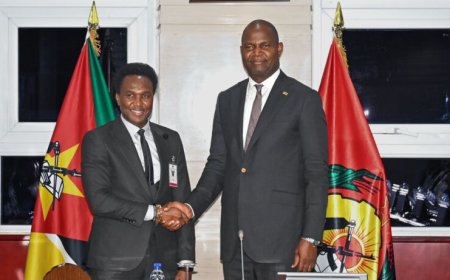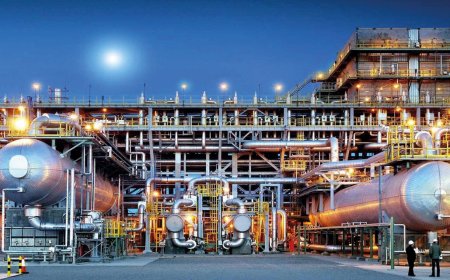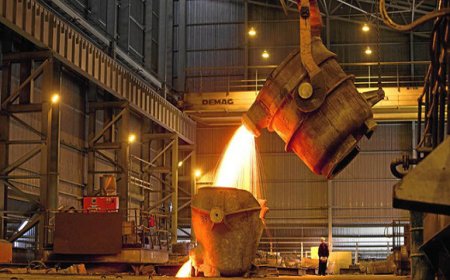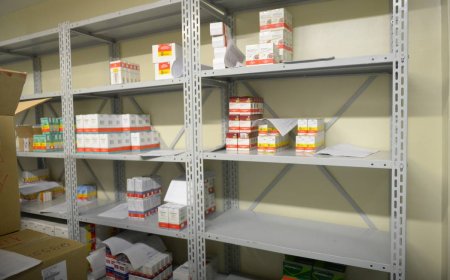Rwanda deemed Africa's safest country amidst allegations of exploitation
Numbeo, a leading global data and research platform, has ranked Rwanda as the safest country in Africa. This marks the second consecutive time in 2024 that Rwanda has received this recognition, with Tunisia and Ghana completing the top three.
However, this accolade comes with a paradox, as Rwanda is heavily linked to the financing of the M23 group, which destabilizes the eastern Democratic Republic of Congo (DRC), and interference in the political affairs of Uganda and Burundi.
The DRC and Rwanda have a history of conflicts that intensify in the mineral-rich border region coveted by technological industries.
North Kivu, a Congolese region bordering Rwanda and Uganda, holds over 60% of the world's coltan reserves, a mineral essential for manufacturing smartphones and computers. It is believed that Paul Kagame, Rwanda's president, is interested in exploiting these resources through warfare.
Beyond the suspicions of resource exploitation in the DRC, there are reports that Rwanda may be interested in illegally mining minerals in Mozambique’s Cabo Delgado province, where Kagame has deployed a significant military force to combat terrorism.
Calton Cadeado, a Mozambican expert in international relations, told Torre.News that Rwanda’s apparent safety is linked to the country's excessive militarization and the strong presence of intelligence services that exploit fear to control the population.
According to Cadeado, Kagame benefits from the reputation of a "benevolent dictator," balancing traits of democracy and dictatorship that grant him the power to suppress any threats to Rwanda’s security and stability.
Cadeado also criticizes Rwanda's ranking as the safest country, arguing that it does not consider other dimensions of security, such as sophisticated crime and cybercrime, which are significant threats today.
The conflict in the Great Lakes region, involving the DRC, Rwanda, and Uganda, is longstanding and has led to the creation of various militias. The March 23 Movement (M23) emerged in 2012, occupying the main city of North Kivu province, Goma.
International pressure forced Rwanda to cease funding the group, and the military victory of the Congolese, supported by UN forces, led to a truce in 2013.
However, the M23 re-emerged in 2021, causing more deaths and destruction in Congo. Studies indicate that Uganda and Rwanda, under Kagame’s leadership, are supporting the M23 with arms and ammunition.
The Great Lakes region is economically emergent, comprising 12 member states of the International Conference on the Great Lakes Region and South Africa, with a total population of 370 million people and an aggregate GDP of over $1 trillion.
The region represents an attractive market for consumption, trade, and investment, opportunities that Rwanda seeks to exploit by destabilizing other countries, according to analysts.
Rwanda has stood out for its development over the past 20 years, following the 1994 genocide between Hutus and Tutsis.
Since then, the country has experienced rapid economic growth, averaging 8.9% per year since 2017, and aspires to achieve high-income status by 2050. This economic growth has made Rwanda an attractive destination for foreign investments.
Militarily, Rwanda has shown influence, with the capacity to interfere in the affairs of other countries, such as Mozambique, where it has been fighting jihadists since late 2021.
This military power contributes to its reputation for safety but also to its destabilizing influence in the Great Lakes region.







